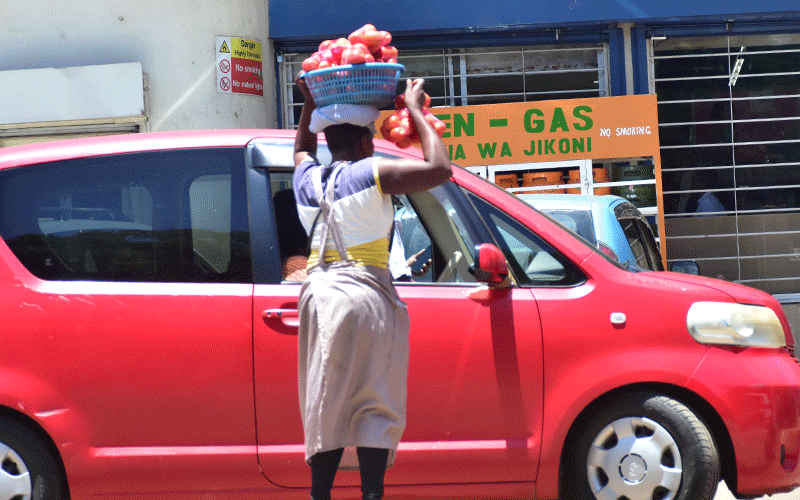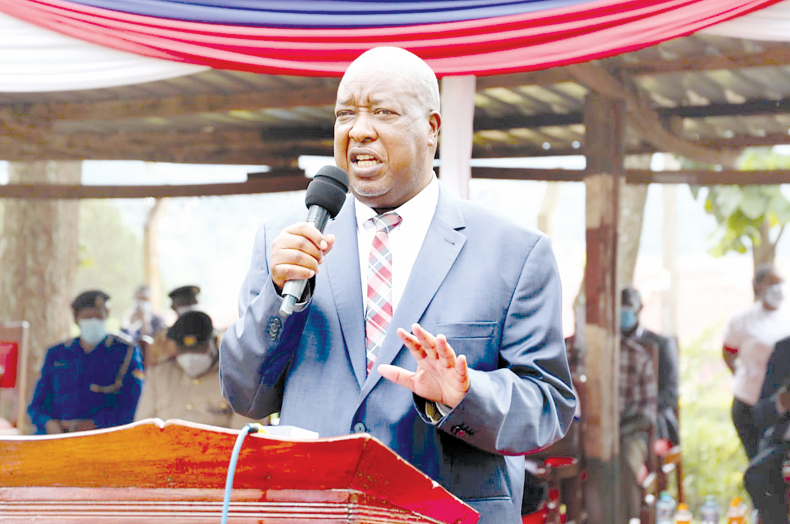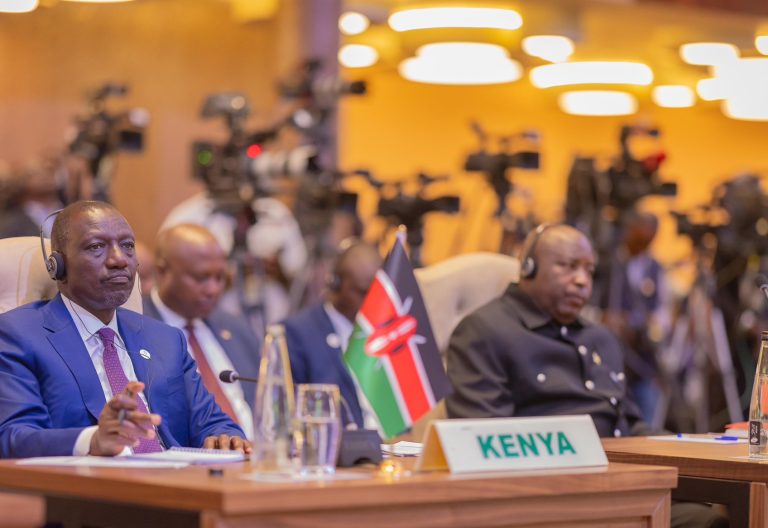Experts advocate lockdown to stop virus explosion

Experts have warned that a surge in coronavirus cases in the country could overwhelm the weak health system, risking the lives of many Kenyans.
Consequently, they called on the government to take drastic action in the coming 30 days to contain the spread of the deadly virus and save lives.
Infections in the country stood at 110 yesterday after Health Cabinet Secretary Mutahi Kagwe announced 29 more confirmed cases.
The ministry projects that by the end of the month, the number will have risen to 10,000 if the spread is not slowed.
Dr Mazaher Jaffer, a lecturer at the London School of Hygiene and Tropical Medicine who also heads the Infectious Diseases Clinic at Nairobi’s MP Shah hospital, said with the virus at the second stage of community transmissions, the government should consider radical steps, including a total lockdown.
He proposed five key measures that the government should take to slow the Covid-19 spread—a 14-day lockdown, aggressive mass testing, strict enforcement of guidelines with stiffer penalties, public awareness campaign on the need for behaviour change and scaled up tracing of all people who may be in contact with positive cases.
“In its early stages, Covid-19 in Italy looked nothing like a crisis. And like in the Kenyan case, numbers started growing drastically leading to the current catastrophe that has left more than 11, 000 dead,” said Dr Jaffer, who is also a World Health Organisation consultant.
“We’re being told to stay at home and lock the doors but unless the government makes it mandatory with stiffer penalties for those who don’t do it, I don’t think we’ll get there.”
On his part, Dr. Nichodemus Nyandiko, an expert in disaster management and a lecturer at Masinde Muliro University of Science and Technology, the shortage of health officers in public hospitals poses a challenge to the efforts to contain the virus.
“A serious shortage of medical resources was one of the main challenges which China had to overcome to stabilise the Covid-19 outbreak in Wuhan,” he said.
The don proposed that the government puts in place tougher measures to arrest the virus, especially in areas already facing natural disasters such as floods.
“The government is yet to tell us how it is planning to deal with situations such as Nyando in Kisumu and Budalang’i in Busia, where hundreds of people have been displaced (by floods). How are movements of such people and crowding restricted, for example?” he asked.
Negative pressure
For D.r Willy Akhwale, a Nairobi-based medic and a specialist in malaria control, the situation will get worse.
“The weeks ahead are going to be difficult for everyone in the country. Hard decisions must be enforced to save lives,” he said.
He noted that patients need to be isolated in negative pressure rooms to avoid cross-contamination.
The negative pressure, which is lower than the surroundings, ensures that contaminated air does not escape.
Apart from the widely known preventive measures of keeping a social distance, hand washing and sanitising, Jaffer says the country needs to embark on an aggressive testing of symptoms and asymptomatic cases early enough.
“Proactive tracing of potential positive persons is very necessary. If a person tests positive, everyone in that patient’s home as well as their neighbours must be tested. If testing kits are not available,” he observed.
He cited South Korea as a country where the number of new Covid-19 infections has been on the decline thanks to massive testing.
“The country has 50 drive-through screening clinics where people can get a sample taken in just 10 minutes. Health workers are processing up to 15,000 tests every day,”Jaffer notes.
Other measures that he proposes to the National and County governments are closure of all open markets , aggressive fumigation of public places and buildings and total ban of travel from hotspot urban areas such as Nairobi.
CS Kagwe has, in his daily briefings, been reiterating the need to tame the spread of the virus as an explosion could stretch hospitals thin.
The country lacks adequate Intensive Care Unit (ICU) beds to accommodate patients who may develop severe Covid-19 symptoms.
Out of the 518 ICU beds, over 87 per cent are occupied by other patients. Consequently, the government has directed that surgeries that require patients to be put in ICU be suspended. Only 24 counties have functional ICU facilities, 14 of them having benefited under the MES project.














